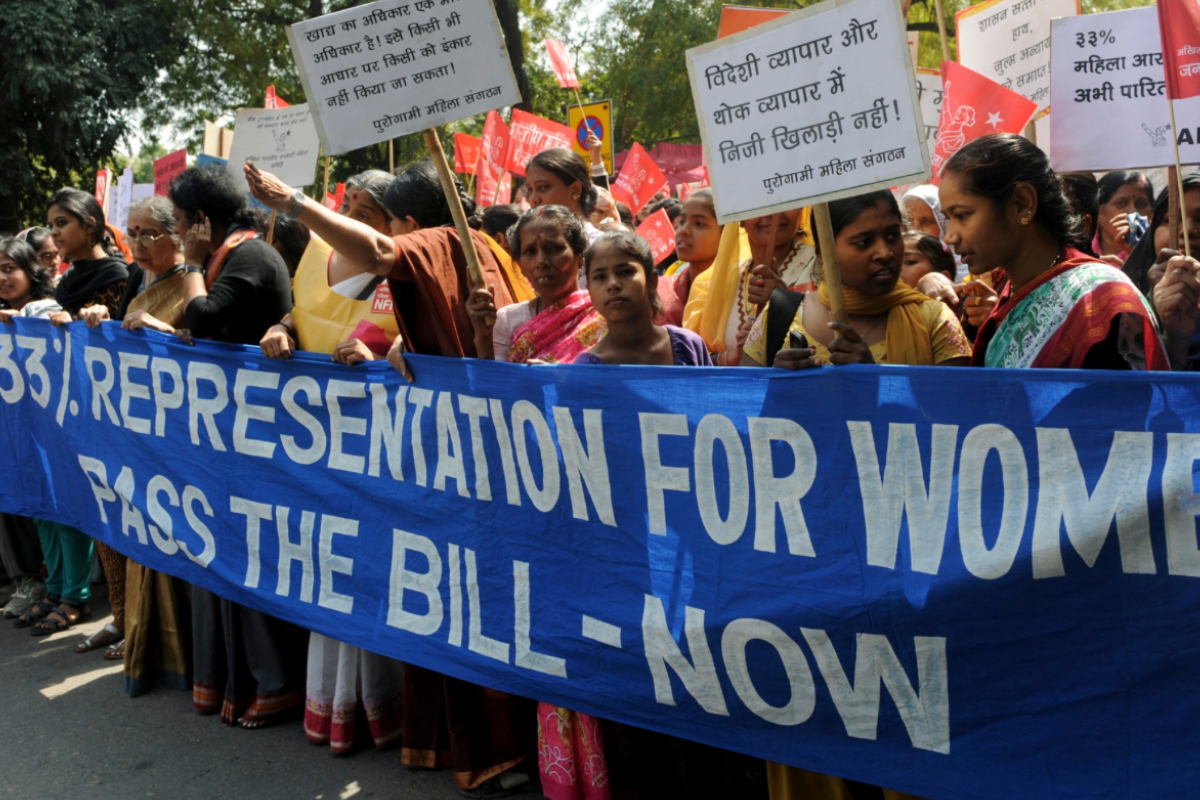Third of Seats in India’s Parliament Now Reserved for Women

LUX WMN
The Women’s Reservation Bill has been regarded as a landmark bill that means a third of the seats in the lower house and state assemblies are reserved for women. There have been six failed attempts to pass the bill, which was first introduced in 1996, due to strong disapproval from the high percentage of male lawmakers.
The bill being passed is an enormous win and achievement for the groups that have been campaigning for decades for better gender representation in politics. The bill received cross party support, being celebrated by fellow politicians, however many were quick to point out their reservations as it will still take years for the quota to become implemented. Sonia Gandhi, leader of the Indian National Congress said, “now they have been asked to wait longer, how many years more?”
There were a total of 214 lawmakers in the upper house that voted in favour of the bill. Prime Minister Narendra Modi took to twitter after the announcement saying, “a historic moment in our country’s democratic journey!” “…with the passing of this bill, the representation of women’s power will be strengthened and a new era of their empowerment will begin.”
India holds the world’s largest democracy of 1.4 billion people, with women making up nearly half of the country’s registered voters. 950 million women are registered to vote however they make up a mere 15% of lawmakers and just 10% in state assemblies.
It is undeniable that India is making progressive steps on women’s issues, however it remains to be a deeply patriarchal country. Since gaining independence in 1947, India has only had one female prime minister, India Gandhi, who served as the country’s leader twice before she was assassinated in 1984.
Bills like these are a long overdue step towards gender equality in politics and it is also the stark reminder of how much further we have to go in order to abolish existing patriarchal narratives and attitudes towards how women are treated, respected and heard across different sectors.


